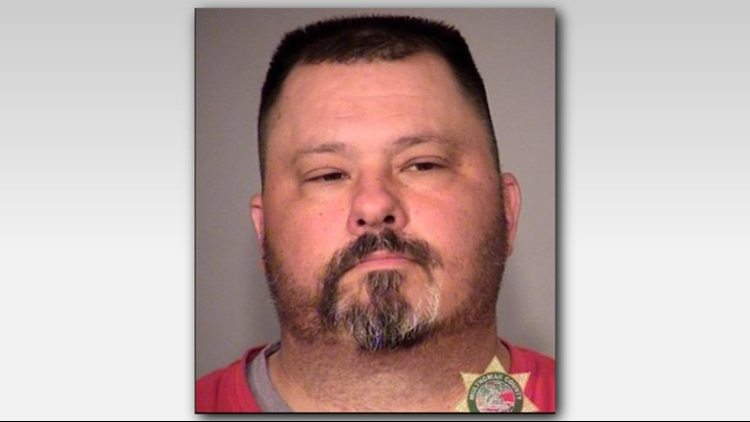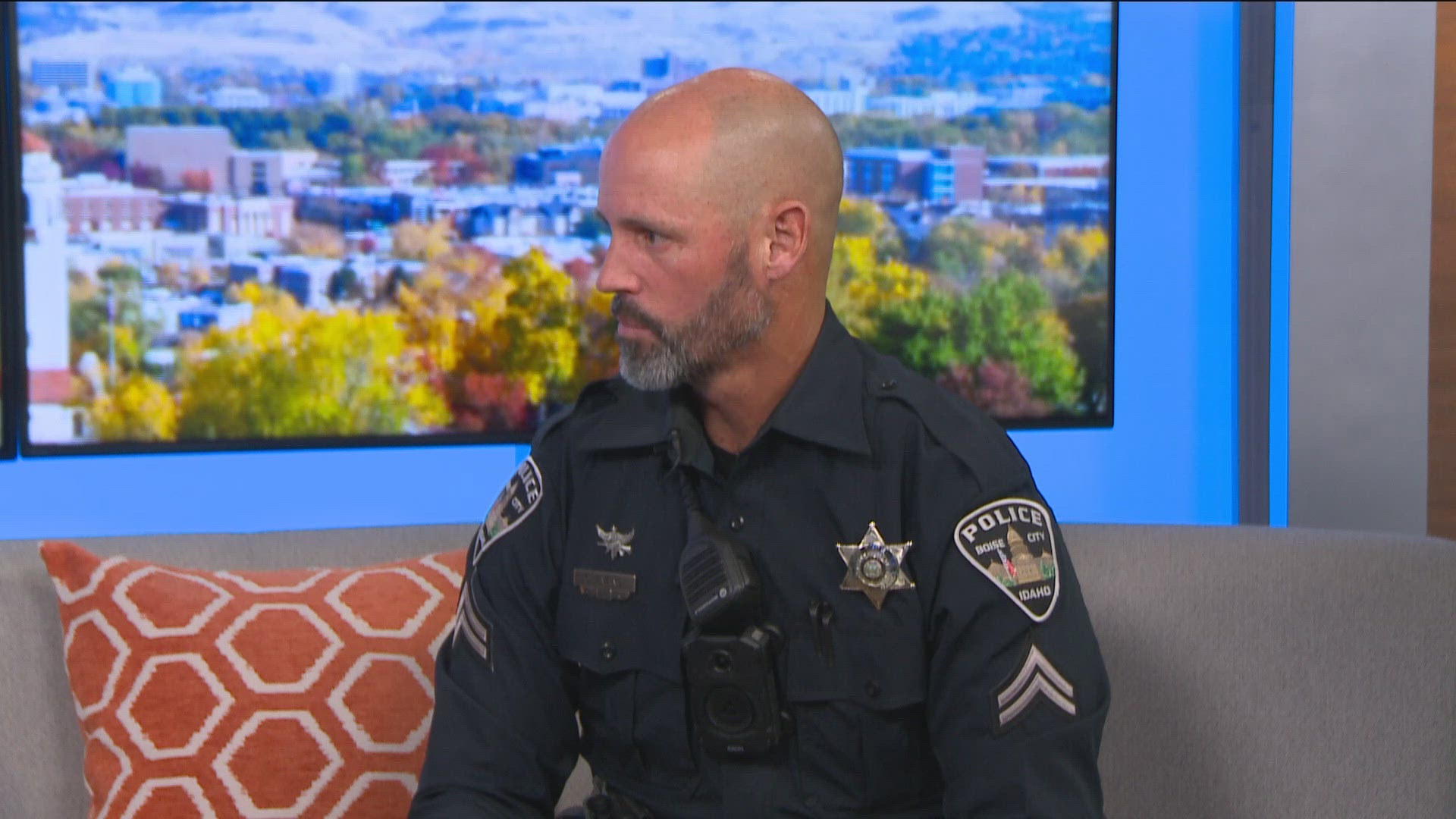KAMIAH, Idaho — A former participant in an armed occupation at an Oregon wildlife refuge in 2016 has been sentenced to 18 years in prison in connection with his role in a police shootout in Idaho last year.
Sean L. Anderson of Riggins was convicted in April of felony aggravated assault on a police officer and the use of a deadly weapon in the commission of a crime. Second District Judge Gregory FitzMaurice sentenced Anderson on Monday, saying the defendant's justification for why he shot at police after they tried to pull him over was “shallow,” The Lewiston Tribune reported.
“Your actions in this case are the ones that escalated everything,” the judge told Anderson. “I cannot understand the degree to which you responded.”
Anderson was arrested several days after a police pursuit and shootout July 18, 2020, following an attempted traffic stop for an apparent equipment violation.
Police said he led authorities on a pursuit lasting about 30 miles from Kamiah to Ferdinand. The pursuit ended on a dead end road when officers said Anderson pulled out a 12-gauge shotgun and fired. The officers returned fire and Anderson was hit in the face as he reportedly attempted to reload his shotgun.
No officers were injured. Anderson was shot in the eye and has permanent vision loss, hearing damage and a brain injury, FitzMaurice said.
Anderson had previously been convicted of misdemeanor trespassing for his role in the 2016 armed standoff at the Malheur National Wildlife Refuge in southeastern Oregon led by anti-government activist Ammon Bundy. Anderson joined occupiers who were protesting what they said was the federal government taking over private land in the area, and was one of the last four holdouts during the 41-day occupation.
Anderson said that two days before the Idaho shootout, he'd attended a rally in Emmett, Idaho, organized by Bundy, and “drawn a line in the sand,” vowing that he would never be taken back to jail.
That's why he refused to cooperate when Lewis County Deputy Walter Wilkinson pulled him over and asked to see his driver's license, Anderson told the court.
Wilkinson described Anderson as having “radical anti-government views.”
But Anderson told the court that he disagreed with the prosecution's depiction of events, and said he had hoped that the officers would kill him. He said he was depressed, had been drinking and was upset because of what he believed was governmental overreach in response to the coronavirus pandemic.
Watch more crime news:
See the latest Treasure Valley crime news in our YouTube playlist:



